Mujeres en Ascenso
Meet these Latina women on the rise
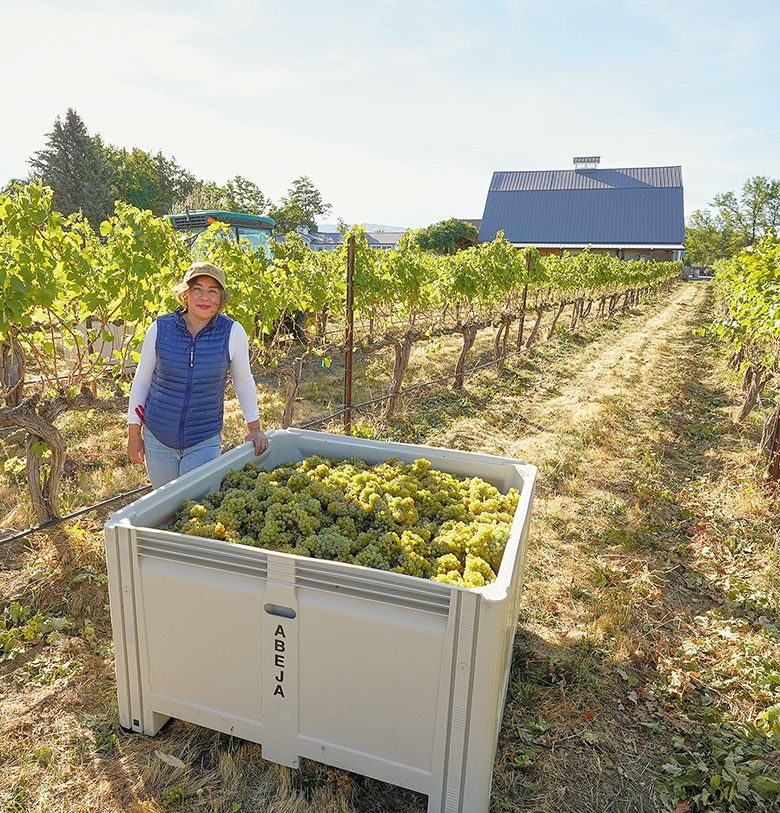
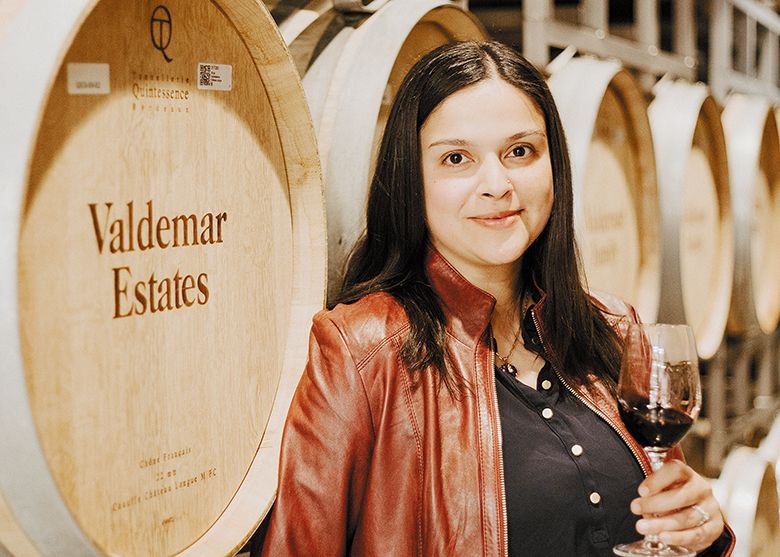
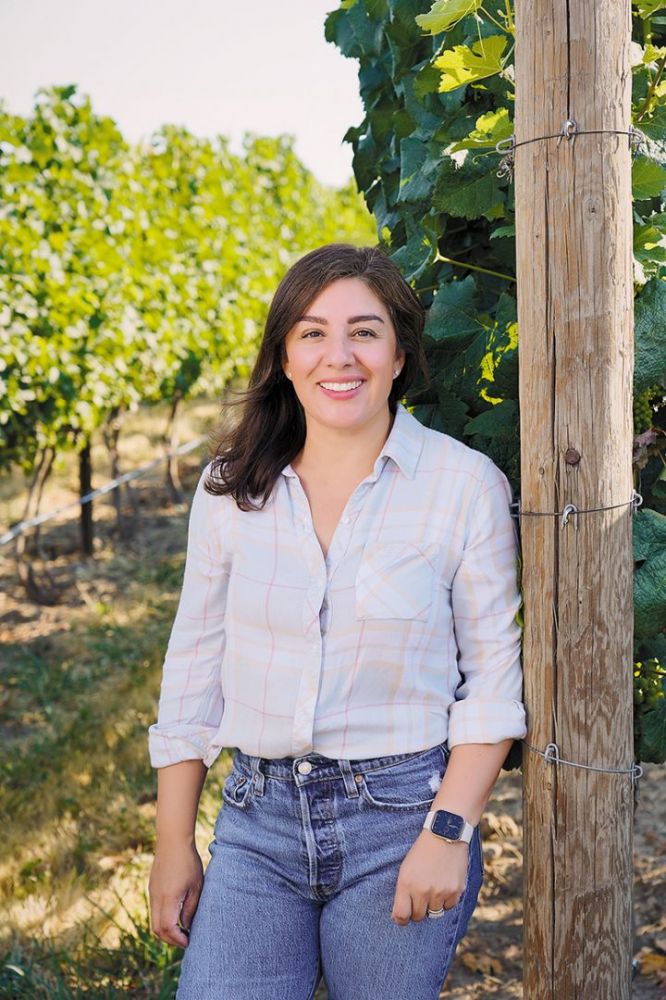
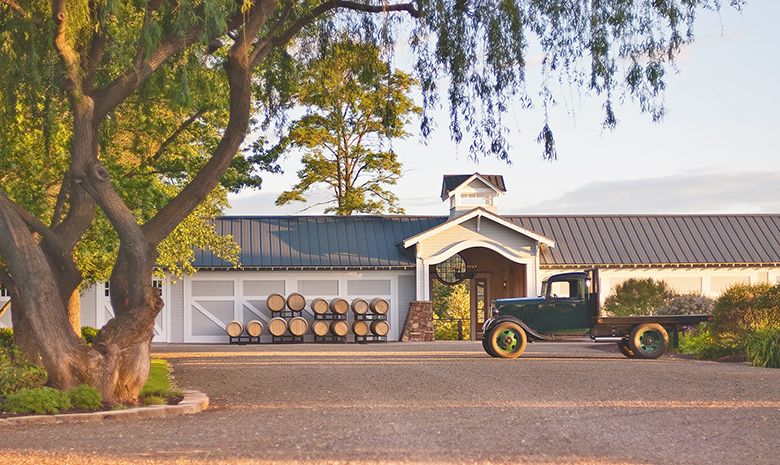
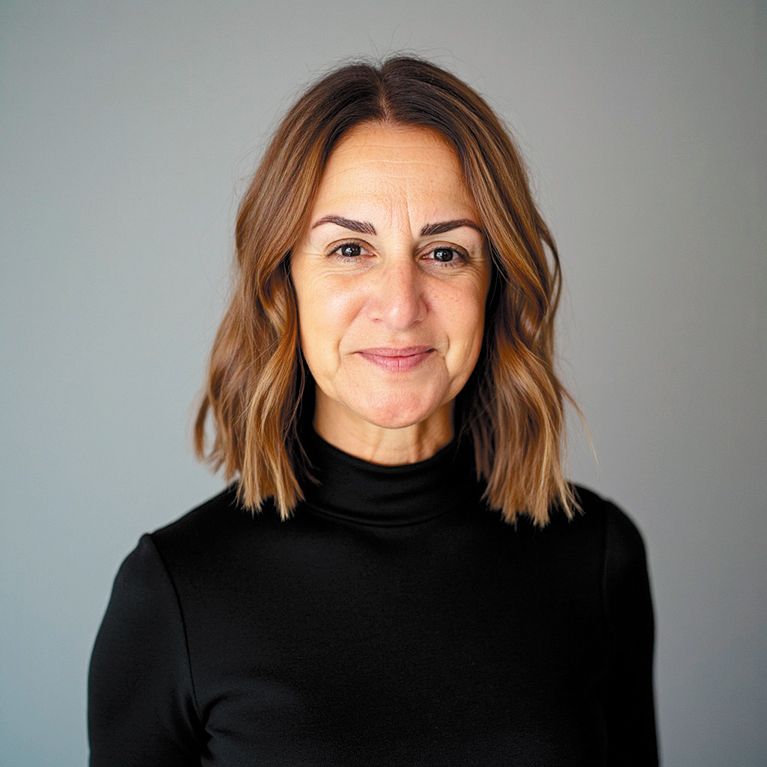
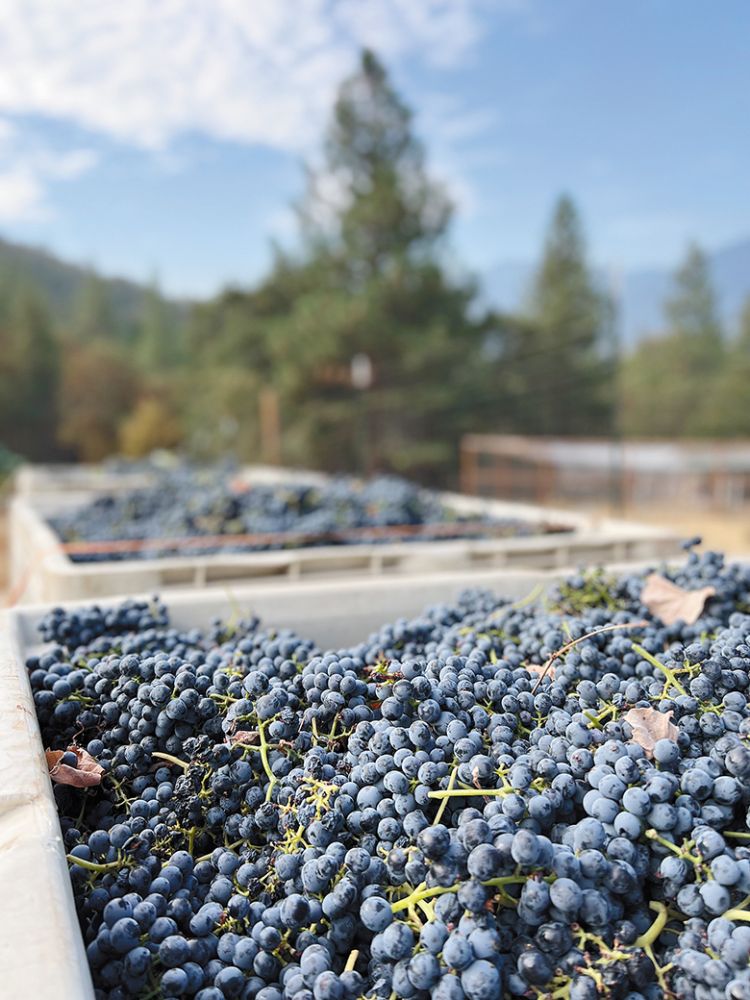
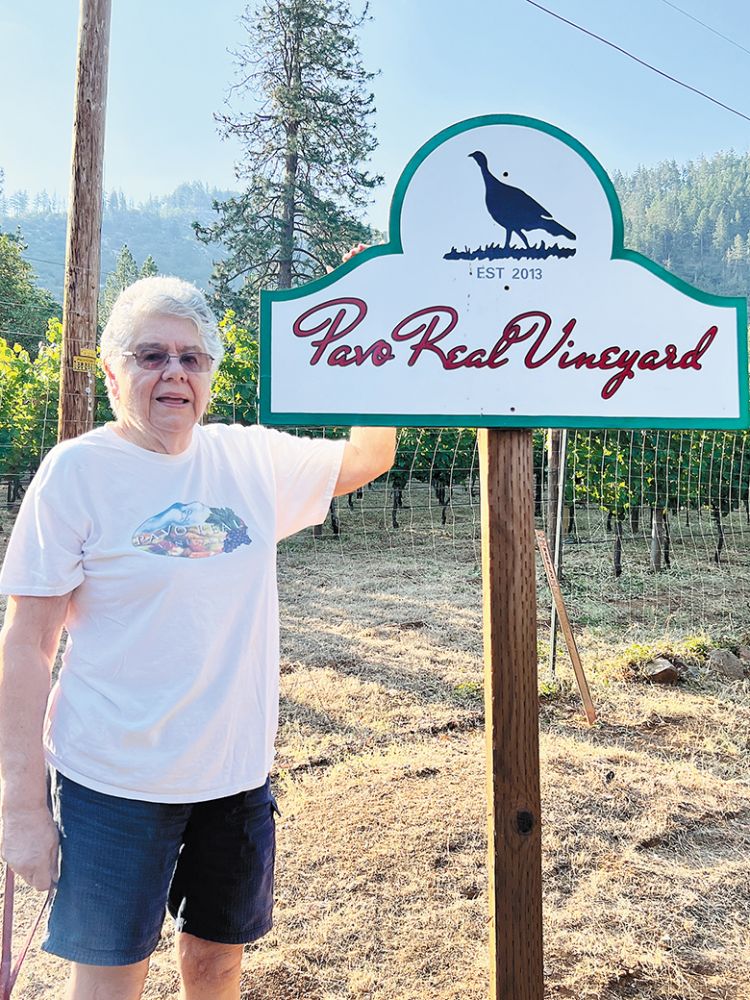
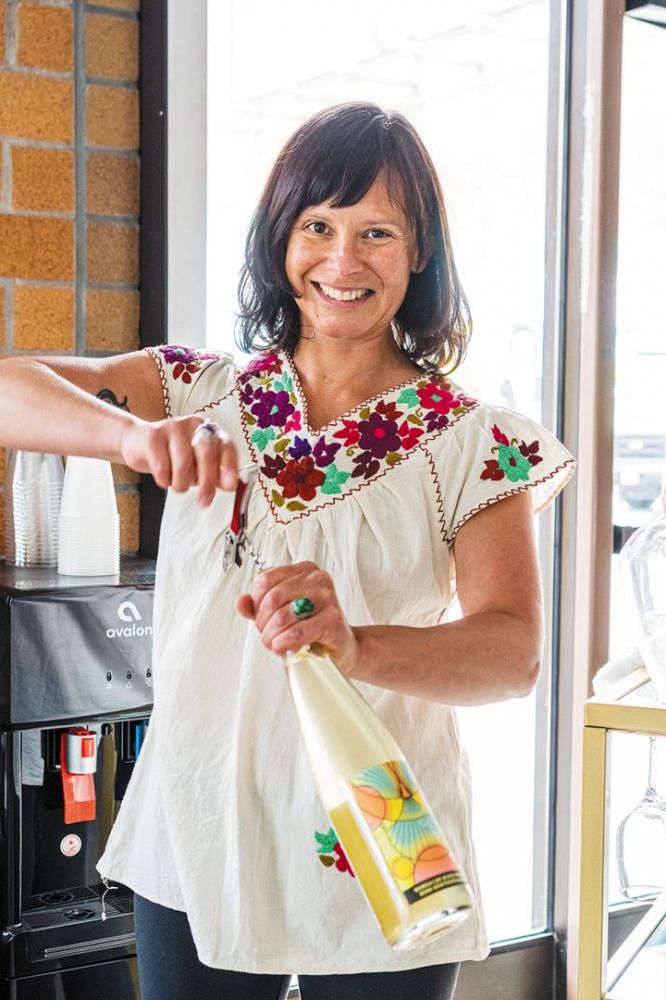
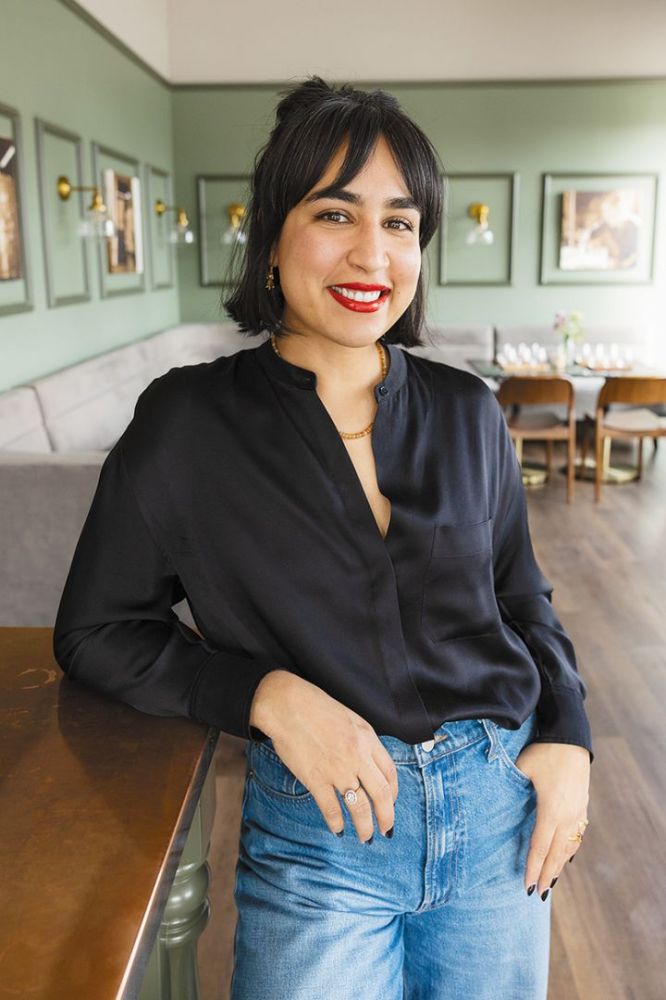
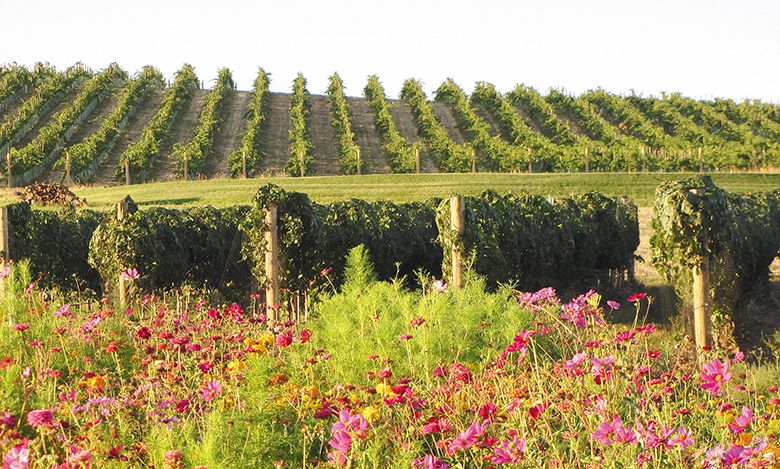
By Aakanksha Agarwal
At Pavo Real Vineyard in Southern Oregon’s Applegate Valley, Elisa Anthony walks the rows with intention. “My grandparents had profound respect for the land and believed stewardship is a multigenerational responsibility. You don’t merely work it for today, but for the children and grandchildren following you.”
A proud Hispanic woman with ancestral roots in Chihuahua, Mexico, Anthony sees her role as both caretaker and storyteller. “We’re not solely growing grapes but also nurturing a relationship with this specific piece of earth.”
This philosophy influences everything at Pavo Real, from how the vineyard is farmed to the way Anthony shares its story. “Wine, like food in Mexican culture, is about bringing people together, creating connections and honoring both where you come from and where you are now.” Even the name Pavo Real, Spanish for peacock, reflects beauty, pride and belonging.
Anthony is part of a growing movement reshaping Northwest wine. Latino labor has long powered the region’s vineyards, but today, a new generation is stepping into leadership as winemakers, brand builders and advocates.
Driving this shift is AHIVOY, founded in 2018 by Jesús Guillén, Yuliana Cisneros-Guillén, Sofía Torres McKay and Miguel López. The nonprofit offers bilingual education, certifications and leadership training to vineyard stewards, many of whom have worked for decades without a clear pathway to advancement.
Trailblazers like Torres McKay of Cramoisi Vineyard lead the charge. Known for her work in biodynamic farming and B Corp practices, she also rallies the voices of vineyard workers. Sam Parra of Parra Wine Co. draws on family history to craft expressive small-lot wines. Others like Atticus Wine’s Ximena Orrego, Juan Pablo Valot of Valcan Cellars and Beacon Hill’s Carla Rodríguez are expanding how wine looks and sounds– region by region, story by story.
Let’s take a closer look at several people influencing our industry, one bottle at a time.
Devyani Isabel Gupta
Winemaker and viticulturist, Valdemar Estates
For Devyani Isabel Gupta, winemaking is a way of translating identity. Born in Portland to a Honduran mother and Indian father, she didn’t grow up speaking Spanish. But, in high school, she began studying the language with the hope of developing a stronger bond with her great-grandmother, Margarita.
“Speaking a second language is like having a key that unlocks a door to a new world,” she explains.
That key is essential to her work at Valdemar Estates, a Spanish-owned winery in Walla Walla with a rich history in Rioja. She now leads bilingual tastings, translates training materials for vineyard workers and communicates regularly with Valdemar’s team in Spain. Crew members frequently tell her, “You’re la raza and something else, but you’re still one of us.”
Gupta brings this cross-cultural fluency to her leadership roles as well. She serves on the boards of VITAL Wines and the Washington State Wine Commission and chairs the advisory committee for the enology and viticulture program at Walla Walla Community College. “We continue seeing a steep drop-off in leadership roles for women and men of color,” she asserts. “Visibility goes a long way. If you see her, you can be her.”
With family ties to Catalunya and Mallorca, Gupta felt drawn to Valdemar’s arrival in Walla Walla. “I just knew it would be a good fit,” she adds. Now, she moves seamlessly between cellar, vineyard and boardroom, reflecting a wine culture of lived experience and generational connection.
Amy Alvarez-Wampfler
Winemaker and general manager, Abeja
Amy Alvarez-Wampfler’s winemaking philosophy is rooted in Washington’s Yakima Valley. Raised in a family of agricultural workers, she learned at an early age that growth starts with tending the land. “I’ve always enjoyed being outside and working with my hands,” she observes.
Wine entered the picture through hospitality. In a tasting room, Alvarez-Wampfler experienced meaningful connections. Sharing the story behind a bottle made her feel part of something greater.
Today, she shares winemaking and general manager responsibilities with husband, Daniel Wampfler. Abeja is more than a winery– the Walla Walla vineyard workers receive benefits and opportunities to grow within the company. “We’ve built a team of people happy to come to work,” she notes. “That positive energy shows in the wine.”
Her approach is grounded in care and long-term inclusion. She also serves on the board of Altera, a nonprofit focused on educational access and mentorship for underserved students.
“There are still systemic barriers: language, access to education and cultural differences,” she explains. “Our industry needs a sustained commitment to guidance and inclusion. Not just scholarships, but also seats at the table. Opportunities are growing across all areas of the wine industry, especially in workplaces actively supporting leadership development and mentorship, but we need a stronger commitment to investing in the people who form the backbone of this industry.”
For Alvarez-Wampfler, honoring the hands behind the fruit is as essential as the winemaking itself.
Elisa Anthony
Vineyard steward, Pavo Real Vineyard
Before moving to Southern Oregon, Elisa Anthony spent 25 years in publishing and digital marketing. The pandemic shifted everything.
“The company I’d been with for so long was sold… and the culture under new ownership just wasn’t the right fit anymore,” she recalls.
“My aunt told me she was thinking about selling the vineyard to move closer to downtown Jacksonville. My husband and I looked at each other, and suddenly began talking about packing up and moving from California.”
Virginia Oaxaca, her aunt, purchased the Applegate Valley site in 2012 at the age of 71. “Renaming it Pavo Real Vineyard was a way to honor our Hispanic heritage and add our family’s touch to this special place,” Anthony explains.
Although she continues to work full-time in digital marketing, Anthony manages her aunt’s vineyard, spending her mornings and weekends walking the rows. Longtime vineyard manager Jesús Martinez leads the day-to-day operations. “He’s far more than an employee. We consider him part of our extended family. His dedication is truly what makes everything possible.”
The vineyard grows two unusual varieties: Touriga Nacional and Riesling. “We inherited established plantings and, while we didn’t originally choose them, we’ve come to appreciate how each uniquely expresses the Upper Applegate Valley terroir.”
What surprised her most about vineyard life wasn’t the farming, but the conversations. “I had no idea how much the vineyard would become a magnet for the most fascinating discussions,” she admits. “People learn we have a vineyard, and suddenly we’re deep in conversation– from soil chemistry to family recipes, even life philosophy.”
Anthony found community in Women in Wine gatherings along with a better connection to herself among the vines.
“The vineyard revealed a world I never expected– and helped me rediscover my own.”
Cristina Gonzales
Winemaker and owner, Gonzales Wine Company
Cristina Gonzales built her Portland winery on the foundation of hard work and a clear sense of purpose.
“My family’s history is entrenched in farming and using our hands. Manual labor came naturally to me and was never something I shied away from,” she admits. “We’re known for being hard workers, and winemaking is challenging work– dirty, sticky, sweaty and often cold. Yet, I feel at home in that environment.”
She discovered wine during a trip to Argentina. “It wasn’t merely the wine– it was the food, people and music. Everything created an alchemy of the senses that left a lasting impression.” That experience influenced both her palate and focus. Gonzales states, “I craft food-friendly, acid-driven wines that belong on the dinner table, surrounded by good food, friends and family.”
After years in the wine industry, Gonzales saw the limits of traditional advancement. “There simply wasn’t space at the time (2009) for someone like me without an enology degree. I didn’t see myself reflected in leadership roles, leading me to carve my own path. While the enology and viticulture degree will still get you ahead, people are more accepting of hands-on experience than they were back then.”
So, she launched Gonzales Wine Company in 2010. Her winemaking is intensely intertwined with advocacy. As an AHIVOY program coordinator, she strives to elevate the role of vineyard stewards in Oregon’s wine story. “Immigrant and migrant workers are the backbone of this country. The food on our tables is picked by hands that look like mine– like my father’s and grandparents’.”
In 2022, Gonzales became the first Mexican American woman appointed as a director to the Oregon Wine Board.
“You’ll find my identity in every aspect, from how I make wine to building my community,” she notes. “I didn’t grow up seeing people who looked like me owning wineries or leading in wine spaces, so representation is profoundly personal.”
Melissa Clubb
Brand manager, L’Ecole № 41
Melissa Clubb views wine through the lens of labor, legacy and storytelling.
“Watching how hard my grandmother and parents worked changed my perspective, not merely regarding work ethic, but also the wine industry as a whole,” she observes. “The physical labor required in vineyards and fields is humbling. It’s one of the most impressive and often unseen parts of the process.”
Clubb’s involvement grew after her husband co-founded Harvust, an ag-tech platform designed to help vineyards support their crews. “During that time, I spoke with workers about their experiences. Those conversations deepened my appreciation for the hands behind the fruit.”
Now, as brand manager at iconic Walla Walla winery L’Ecole № 41, Clubb stewards a 40-year legacy into the future. Her background in banking and real estate supplied the tools, but storytelling captivated her. “I realized I wanted to tell stories, especially those of hard work and heritage,” recalls Clubb.
She aims to highlight the labor behind each bottle. “From the hands tending the vines to the people crafting each bottle, there’s magic in the unseen details. I want to share that in a modern, approachable way, honoring the roots of our winery, both figuratively and literally.”
As more Hispanic professionals move into leadership roles, Clubb sees momentum building.
“Representation matters,” she declares. “Trust your gut and speak up. Your perspective matters. The wine industry needs fresh opinions more than ever. There’s space at the table for new ideas. And, the more diverse the voices, the stronger our future will be.”
Aakanksha Agarwal is a wine, travel and lifestyle writer from India. Formerly a Bollywood stylist, she now resides in the U.S., embracing writing full-time while juggling family life and indulging in her passions for cuisine, literature and wanderlust.










